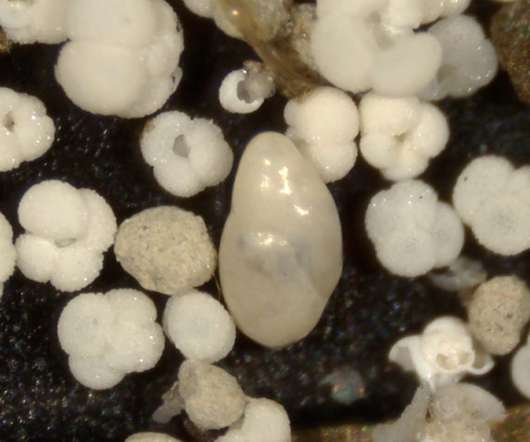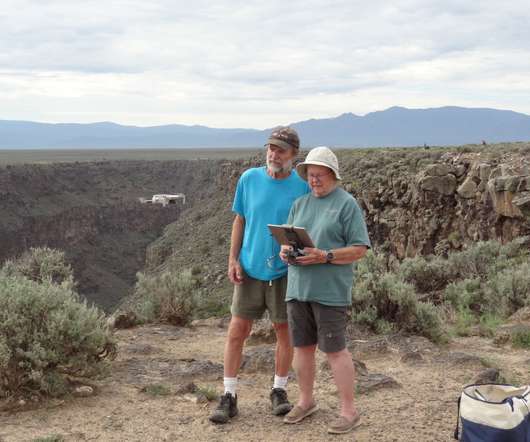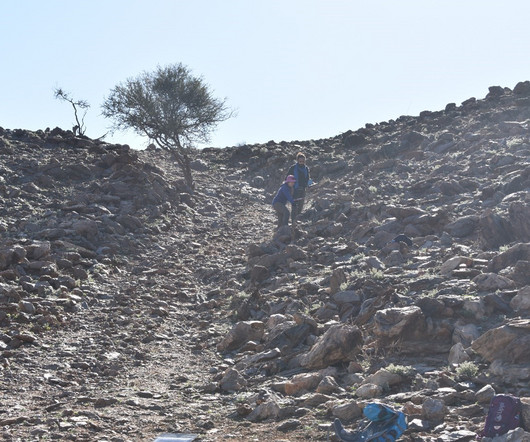What is the fate of dissolved oxygen in our oceans?
Futurum
SEPTEMBER 8, 2022
CLIMATE MODELS — big computer models that use maths, physics and chemistry to characterise how energy and matter (solid, gas or fluid) flow between the hydrosphere (oceans, ice, rivers and lakes), atmosphere and land. Your pathway will depend on the particular direction you wish to head in, but a solid background in the sciences is important.











Let's personalize your content